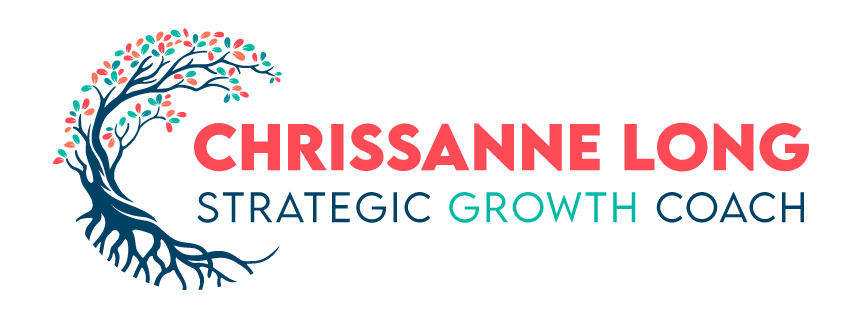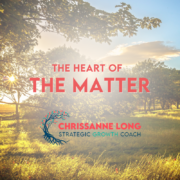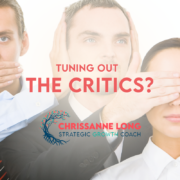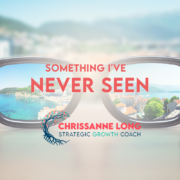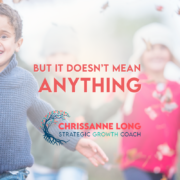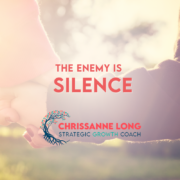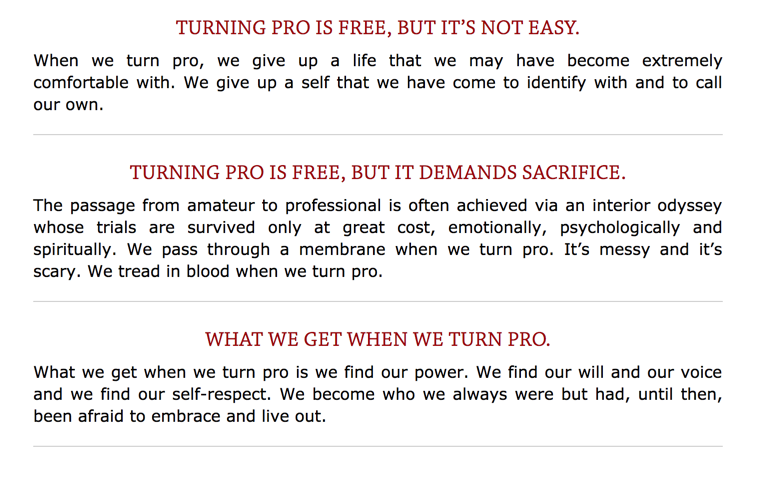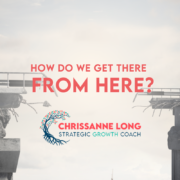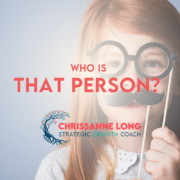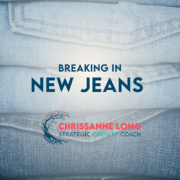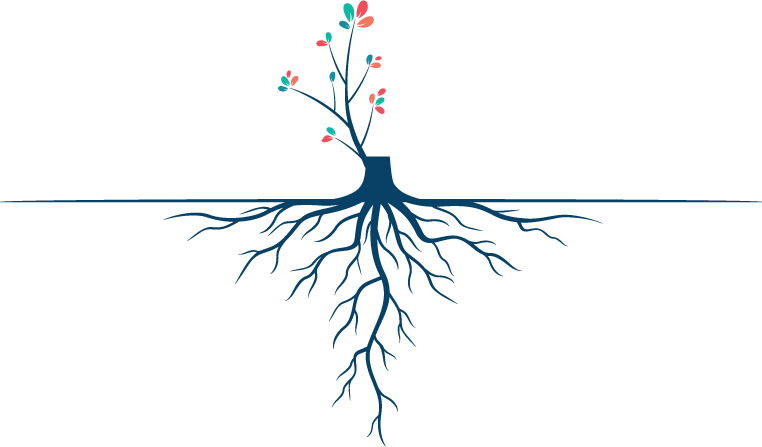We are what we consistently think — and do. Do you know why Rome wasn’t built in a day? Do you know why patience is a virtue? Do you know why excellence has never existed as a result of one single act?
It’s all in the details — in every action, exchange, promise made (and kept), and in every opportunity.
Many years ago, I was walking downtown and a friend named Kimberly stopped me to say hello. In our 3 minute chat, she said something that no one had ever said to me in my entire life — “I admire your consistency.”
At that moment, it occurred to me that I was making progress. The work was paying off.
As I have mentioned in previous posts, success is new to me. Nowadays, I can’t even say I have felt successful at anything 1/3 of my life. The only thing I was consistently — was unhappy.
It was only a few years ago that I was eating dinner at my parents’ house, reminiscing and celebrating, “How far Chrissanne has come.” When my mom looked at me and said, “I still don’t know why you cut the screen door.” I looked at her mildly annoyed, and insisted — “I never did that. I swear, I never cut the screen.”
At this point, my brother, who was in the kitchen when my mom asked the question, walked in, saying casually, “You mean the screen door? In the shape of an L? That was me. I cut it when I was in high school because I had lost my key to the house and had to get in so I could get my basketball uniform for a game.”
At this point, 20+ years later, it doesn’t matter. But the reality of how little I was trusted as a teenager, is the reason I am sharing this story. Whether or not my brother had been there to admit to this adolescent mischief, didn’t matter. I had earned my parents’ trust — finally. This was just a little icing on the cake — I had been denying this for years, and the mystery — Who could it have been if it wasn’t Chrissanne? Had finally been solved.
Today, I am not the same person I was as a teenager. I might even be a little too honest and transparent — call it over compensation — but it is this fact that I believe overall has made success possible in my business, and it has paid off, in more ways than I can probably even measure.
What can we learn about this as professionals? Leaders of organizations?
If we’re fighting with our customers, trying to “prove ourselves” to them every single day, should we stop and look back at how we got here in the first place? If we acknowledge that we have made mistakes, that we have lost our path, and admit that we have overlooked the needs of our customers— that we have put our agenda (making money, getting our way) ahead of those we are ultimately in business to serve — do we want to continue doing things this way, and risk losing their favor and trust forever, or could this be the way we can win it back?
Over the years, the public has become numb to the effects of power. We’re not surprised when big companies force their agenda. We expect to be lied to, we expect there to be some hidden back office deal that only the powerful know about. We detest this fact, but we’ve been seemingly helpless to do anything about it.
And yet, today, more than ever before, we do have a voice. Our concerns can be shared with our social media connections. This, combined with years of feeling like we don’t matter, like we have no voice, has begun influencing the marketplace. Regular, every day people are making it known how little trust they have for the system. We are pushing back, and our voices are getting louder.
The question is, what are powerful companies, organizations, local governments going to do about it?
They want buy-in. They want the public to cheer when there’s some great news to share. But, instead, we’re just asking a lot of questions, pushing back, doubting. The bridges have been burnt and in disrepair for far too long. Now, that they need us, now that our voices are slowing things down, and challenging the system, it’s obvious that something needs to change.
And, if we’re looking at the long view, this is a necessary step for progress.
It’s going to require that the people are part of the process again. Because the trust that used to exist needs to be built back up again.
This is not much different than my parents pushing back when I was a teenager. Even when I was telling the truth, they didn’t believe me. The public has lost trust. We’re assuming there’s something we’re not being told — because that’s what we’re used to, we expect to be lied to, so we don’t believe anything anymore.
The only way to combat this, is to undo it.
To go back and create a new, honest, transparent way. To overcompensate, over-communicate, and over deliver — consistently working to be better, to win back the trust, and be trustworthy.
Beginning with the conversation that says — “We want to do better.” Followed by consistently doing “Better.”
The other side of this – the part that brings the people in to the conversation, that’s just as important as the door being open. We, the people cannot continue to take pot-shots, and stand on the sidelines expressing our displeasure. We must engage, and stay engaged. We must listen, if we want to be heard. And, we must place our personal agendas aside, and see the big picture.
We might have to sacrifice some things along the way. They might even be big things. But if our eyes are on the best future for all of our community, all of our city, all of our country, we will see that our agenda is not the only agenda, and, maybe not the most important agenda.
But, I will warn you, it is hard. And it is frustrating, and it will require that we all work to create the future we’re seeking. We are all on the same team. We all want opportunity, prosperity, economic growth, a talented work force, an inspired and engaged community.
Because, when the trust is built, it cannot just be one-sided.
Together. That is how we get there.
And, hopefully, at some point — over time, we can all sit around the table, remembering when things needed fixing, and celebrating “how far we’ve come.”
